توضیحات
دانلود کتاب و حل المسائل (حل تمرین) جریان های مغشوش نوشته استفن بی. پوپ – ویرایش اول
این کتاب در چارت درسی رشته مهندسی مکانیک در گرایش های تبدیل انرژی، قوای محرکه خودرو، مهندسی هوافضا پیشرانش (جلوبرندگی)، ایرودینامیک، مهندسی عمران و دریا در مقطع کارشناسی ارشد قرار دارد.
عنوان های فصول کتاب:
- مقدمه
- معادلات حرکت سیالات
- توصیف آماری جریان های مغشوش
- معادلات جریان متوسط
- جریان برشی آزاد
- مقیاس حرکت مغشوش
- جریان دیوار
- مقدمه ای بر مدل سازی و شبیه سازی
- شبیه سازی عددی مستقیم (DNS)
- مدل های مغشوش-لزجت
- مدل های تنش رینولدز و مرتبط با آن
- روش های تابع چگالی احتمال (PDF)
- شبیه سازی گردابه بزرگ (LES)
There are many opportunities to observe turbulent flows in our everyday surroundings, whether it is smoke from a chimney, water in a river or waterfall, or the buffeting of a strong wind. In observing a waterfall, we immediately see that the flow is unsteady, irregular, seemingly random, and chaotic, and surely the motion of every eddy or droplet is unpredictable.
In the plume formed by a solid rocket motor, turbulent motions of many scales can be observed, from eddies and bulges compared in size to the width of the plume, to the smallest scales the camera can resolve. The features mentioned in these two examples are common to all turbulent flows.
An important characteristic of turbulence is its ability to transport and mix fluid much more effectively than a comparable laminar flow. This is well demonstrated by an experiment first reported by Osborne Reynolds (1883). Dye is steadily injected into the centerline of a long pipe in which water is flowing.
As Reynolds later established, this flow is characterized by a single non-dimensional parameter, now known as the Reynolds number Re. In general, it is defined by Re=uL/v, where u and L are characteristic velocity and length scales of the flow, and v is the kinematic viscosity of the fluid.
In Reynolds’ pipe-flow experiment, if Re is less than 2300 the flow is laminar – the fluid velocity does not change with time, and all streamlines are parallel to the axis of the pipe. In this laminar case, Dye injected on the centerline forms an extended streak that increases in diameter only slightly with downstream distance.
If on the other hand, Re exceeds about 4000, the flow is turbulent. Close to the injector, the dye streak is jiggled about by the turbulent motion; eventually mixing with the surrounding water reduces the peak dye concentration to the extent that it is no longer visible.
Gradient-diffusion and turbulent-viscosity hypotheses
In the historical development of a scientific field of inquiry, it is usual for there to be a succession of models proposed to describe the phenomena being studied. Often – such as in the study of turbulent flows – the early models are simple but are subsequently found to be lacing both in physical content and in predictive accuracy.
Later models may be superior in physical content and predictive accuracy, but lack simplicity. In spite of their flaws, it is valuable to have an appreciation for the early, simple models. One reason is that the behavior implied by the models may be determined by simple reasoning or simple analysis – as opposed to the numerical solutions usually required for more complex models.
در صورت داشتن هرگونه سوال و یا مشکل در بخش پشتیبانی شاپ تو استور مطرح نمایید.



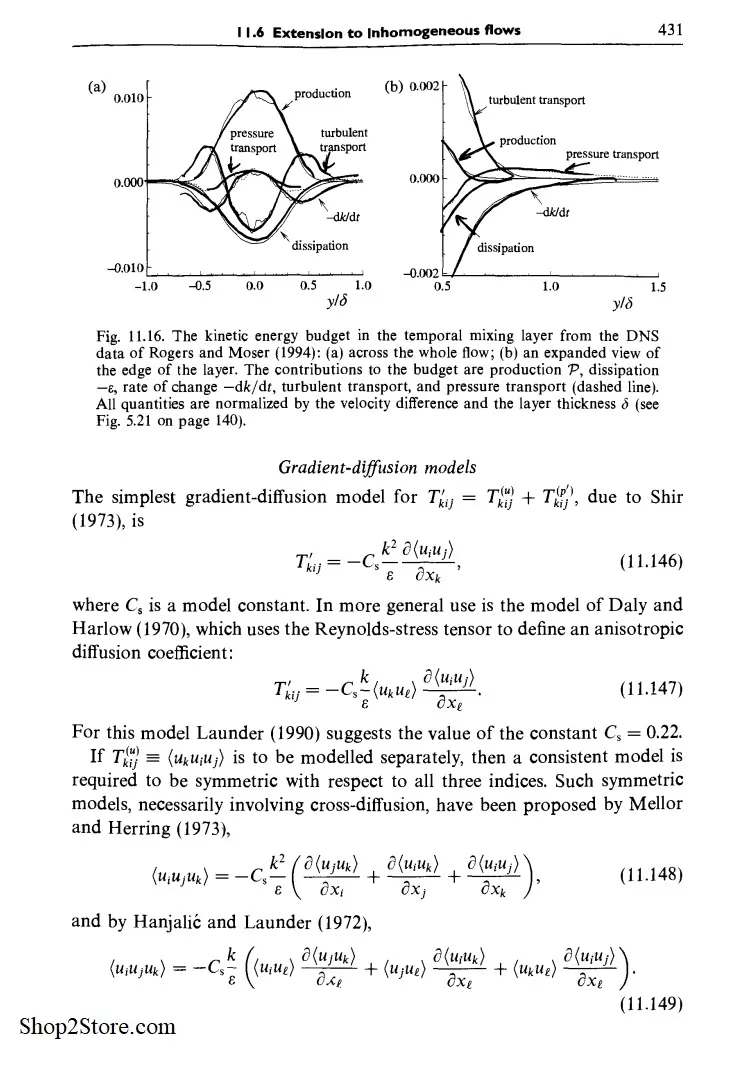
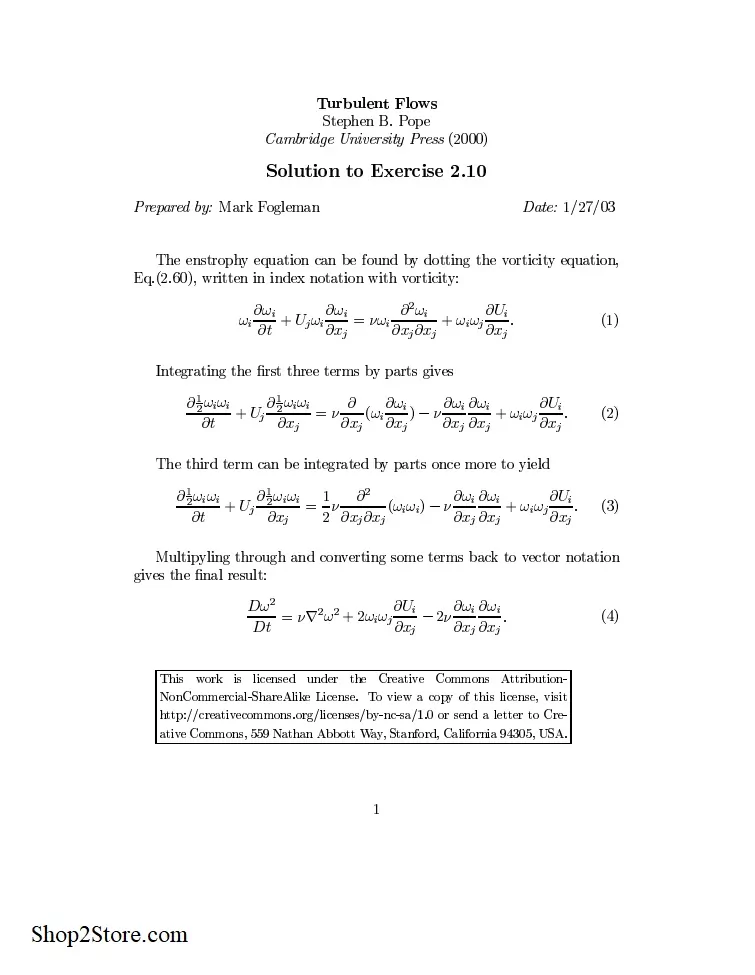
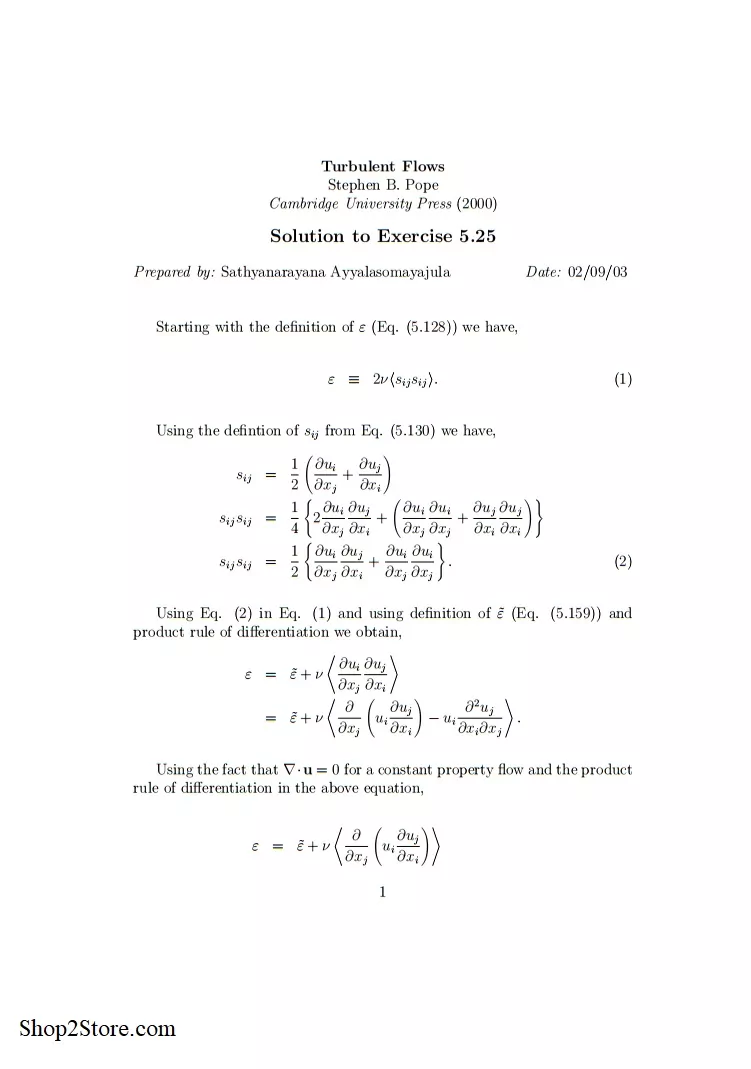
 اگر این محصول را خریداری کنید،
اگر این محصول را خریداری کنید، 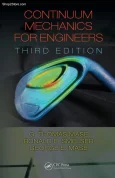
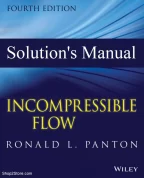

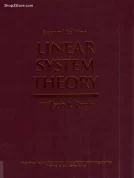
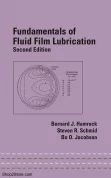
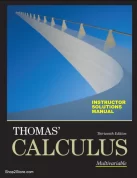
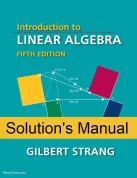
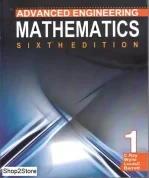



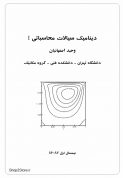



دیدگاهها (0)
Reviews
There are no reviews yet.